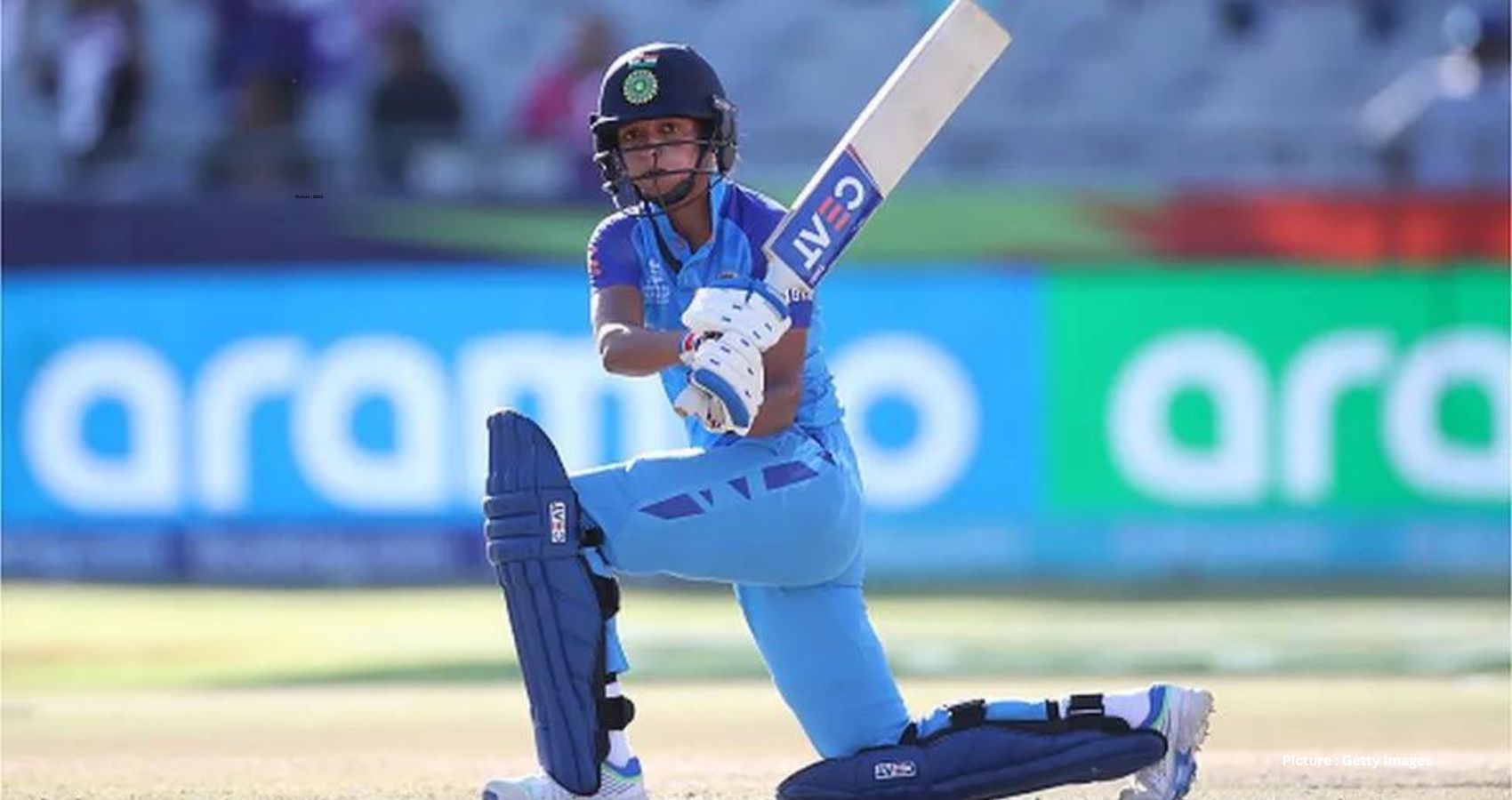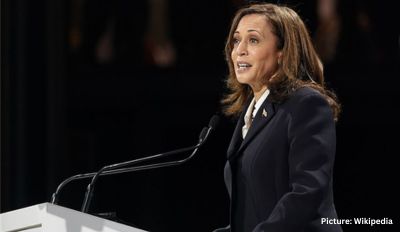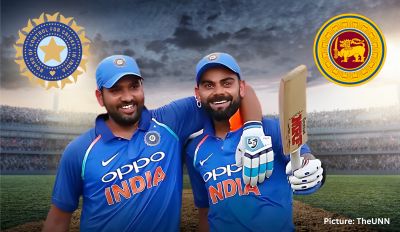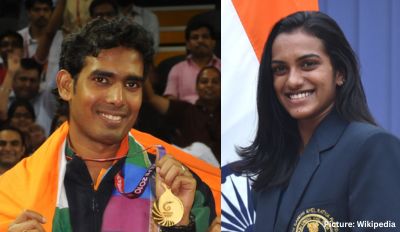If you’re familiar with Harmanpreet Kaur, you likely remember her historic 171 not-out during India’s remarkable victory in the 2017 ODI World Cup semi-final against Australia. Kaur, now 34 and the captain of the Indian women’s cricket team, has since added several groundbreaking accomplishments to her illustrious career in 2023, the 15th year of her international journey.
In February, Kaur achieved the milestone of being the first cricketer to play 150 T20s. The following month, she made history again by becoming the first captain to lead her team to victory in the Women’s Premier League. Later in the year, she co-captained India to their first-ever Asian Games gold medal in cricket, standing alongside Smriti Mandhana.
Wisden recognized her as one of its five cricketers of the year, a notable achievement for any Indian woman. BBC’s 100 influential women of the year and TIME magazine’s 100 Next list also featured Kaur, highlighting her increasing influence in the field.
Australia captain Alyssa Healy praised Kaur’s leadership, stating, “She’s an unbelievably talented cricketer and has showcased that for an extended period of time. But what she has done in leading this Indian side, and almost this new generation of Indian women cricket into the modern game, has been really amazing to watch.”
Kaur’s journey from a small town to cricket stardom is a compelling narrative. Hailing from Moga, known as the “drug capital” of Punjab, Kaur, the oldest of three siblings, began playing cricket with a hockey stick alongside boys in her neighborhood. Her life took a definitive turn when she met her mentor, Kamaldheesh Singh Sodhi, between 2006 and 2007, setting her on the path to a serious cricketing career.
Sodhi’s son, Yadwinder, who also served as Kaur’s first coach, emphasized her natural athleticism and fearless temperament, which fueled her passion for the game and contributed to her success. Kaur’s impact on women’s cricket in India, especially alongside vice-captain Mandhana, has been pivotal in elevating the sport’s popularity.
Former India captain Anjum Chopra acknowledged Kaur’s role as a trailblazer, stating, “Every era has two or three such figures, and Harman has been in the driver’s seat for a few years now, especially since getting the captaincy in T20s [in 2016].” Taking on full-time leadership across formats after the retirement of Mithali Raj last year further elevated her standing.
With over 6,500 runs in 290 international appearances, Kaur has led India to unprecedented success both at home and abroad. In 2020, she guided the team to their first T20 World Cup final, secured the inaugural ODI series win in England in almost 23 years, and won silver at the Commonwealth Games’ first women’s cricket competition.
Former India head coach WV Raman highlighted Kaur’s team-centric approach, saying, “The most important thing that I remember about working with Harman was the way she was always looking to do things for the team.” He commended her calm and receptive demeanor, emphasizing her dedication to the team’s success.
While Kaur’s prowess in limited-overs formats remains her stronghold, she made a significant impact in Test cricket in December. On her Test captaincy debut, she displayed an attacking mindset, contributing to India’s record 347-run victory against England in Navi Mumbai. Kaur further solidified her Test leadership credentials by leading India Women to a historic Test victory against Australia in Mumbai.
Speaking before the England Test, Kaur expressed her focus on team growth, stating, “I want this team to grow in a way that everyone says that this is the best team.” Despite her personal achievements, she emphasized the importance of team success, considering cricket a team sport.
Kaur’s playing style, described as one of the most aggressive in modern cricket, reflects her paradoxical personality. Her batting is defined by poise and power, while her private demeanor is characterized by affable reticence. However, her occasional struggles with on-field conduct have drawn attention. In June, she received a two-match ban from the International Cricket Council (ICC) for an outburst during an ODI against Bangladesh.
Anjum Chopra offered a perspective on Kaur’s occasional outbursts, stating, “You can be angry if you don’t feel a decision was right, but you can’t have an outburst in front of the world.” She emphasized the importance of authenticity, suggesting that sacrificing natural instincts for a picture-perfect persona would make an athlete less relatable.
Former India head coach WV Raman and Anjum Chopra believe that the next three years could be Kaur’s most consistent and best, considering her growing self-awareness and understanding of her cricket. With a team that shares her commitment to development, Kaur is poised to leave an unrivaled legacy in women’s cricket.
As the stars align, Kaur’s legacy could be marked by India’s first senior women’s World Cup win, whether in the T20 edition in Bangladesh next year or at home in the ODI edition in 2025, or perhaps both. Harmanpreet Kaur’s journey continues to shape the landscape of women’s cricket, inspiring the next generation of players and leaving an indelible mark on the sport.










